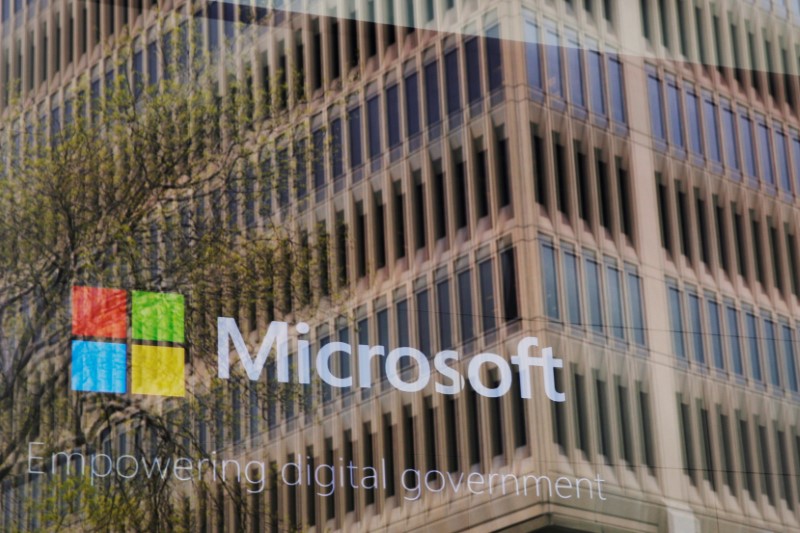© Reuters.
(Reuters) – Uganda’s tough new anti-LGBTQ law, which stipulates the death penalty for “serial offenders”, presents a conundrum for multi-nationals wanting to grow in Africa while promoting diversity and inclusion.
A coalition of companies that includes Google and Microsoft (NASDAQ:) said it was “deeply disappointed” by the bill signed into law on Monday.
Here are some global firms that have substantial operations in Uganda and their strategies for LGBTQ inclusion.
TOTALENERGIES
TotalEnergies (EPA:) is the leading retailer in Uganda, according to the company’s website. It is also active in oil and gas exploration and production in the country.
The company has more than 300 employees in Uganda and around 200 service stations.
On its website, TotalEnergies says it is committed to “promoting equal treatment of employees and an inclusive culture.”
STANDARD CHARTERED
Standard Chartered (OTC:) is the longest-established commercial bank in Uganda, according to its website. It has more than 350 staff in the country and three branches.
On its website, Standard Chartered says “we go out of our way to ensure that our approach to diversity is mirrored by our suppliers and the communities we operate in.”
Google, owned by Alphabet (NASDAQ:), launched its first wi-fi network in Uganda in 2015 in the capital, Kampala.
On its website, the company says “supporting LGBTQ+ communities has been a priority from the earliest days of Google.”
EY
EY offers services in Uganda including tax and advisory.
On its website, EY says “LGBT+ inclusion allows companies to attract and retain the best talent and drive high performance teaming through diversity of thought.”
PWC
PWC offers a range of services in Uganda including tax and advisory. On its website, the company says it supports “a workplace where lesbian, gay, bisexual, transgender and other (LGBT+) solvers can bring their best selves to work and feel the full support of their PwC family.”
Unilever (NYSE:)
Unilever sells vaseline and other body care products in Uganda. The company looks to “promote and protect a fully inclusive workplace” through its ‘proUd’ employee network.
The company’s website quotes an unnamed African employee as saying the network had provided “comfort” while they felt like an “outcast” in their home country.
Read the full article here




